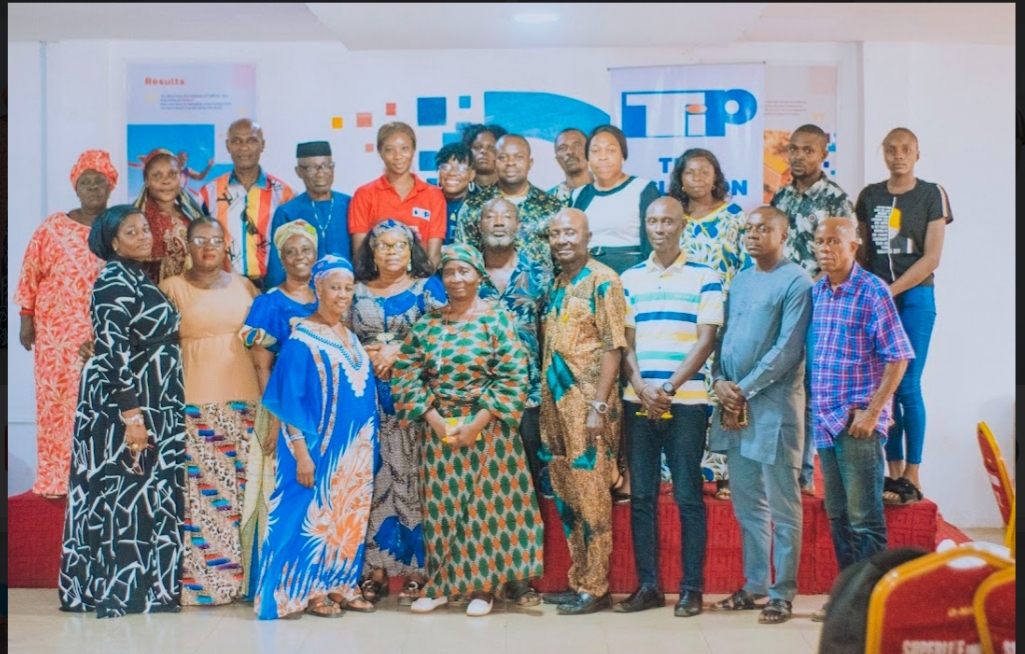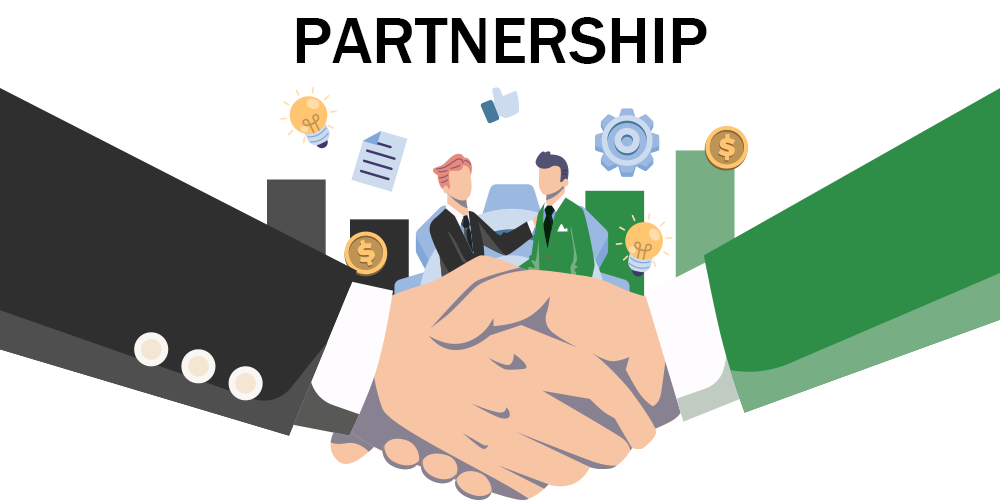About Us
Who we are
The Inclusion Project (TIP) is a legal services provider founded in 2019 and registered as The Inclusion Project in Nigeria. We are a non-governmental organization of lawyers, established to use the legal system to promote and protect the human rights of the less privileged in Nigeria and, in particular, the rights of vulnerable groups. We use the law as an instrument of justice to provide inclusion for vulnerable groups in Nigeria and ensure the actualization of the rights guaranteed for all, both international, nationally, and locally.
We work to provide access to justice, rights empowerment, and a wide range of support to the vulnerable/poor communities/individuals in the communities we serve. We serve and work with women, youths, and persons with disabilities, to access, achieve, and assert their fundamental human rights. Through our two core programs of Access to Justice and Women’s Rights, we encourage, mobilize, and aid systemic and institutional reforms that recognize and enable equal opportunities and greater access to the enforcement of human rights.
Our model is to work with, support, and empower excluded persons and issues in the communities we serve. We work with these groups to identify core issues and reasons for exclusion and find ways of using the law as an instrument of inclusion. We work by leveraging a mixture of community lawyering using paralegals and other legal support staff where necessary. This enables us to work effectively through existing community groups or help communities create one where necessary. We believe that real, lasting

Our Mission
We envision a world without discrimination, bias, and barriers to justice, a world where every voice counts, and the government is accountable and responsible to all.
Our Vision
To use the law to ensure equal opportunities and greater access to justice for women, youths, and persons living with disabilities and all in Nigeria.
To ensure that all voices are heard
To promote institutional and legal reforms that will hold governments at all levels accountable for their actions, including paying adequate compensation and retributions for all violated human rights.
Why we care
Nigeria suffers from numerous economic, political, and social inequalities/deprivations after several years of military rule and democracy. These inequalities manifest through high poverty, illiteracy/limited access to education, severe human rights violations, and corruption-ridden governments at all tiers. Many poor Nigeria has their rights violated daily because most cannot afford a lawyer or lack the awareness or information on where and how to seek or enforce their deprived/violated rights. These violations are done with impunity while the legal system and institutions of redress remain mainly inaccessible and, by extension resulting in zero access to justice on each violation of these rights. As a result, these categories of persons and communities are stripped of the gains of democracy and or access to justice.
Notably, the primary cause of this deprivation of rights is as a result of inadequate and, in most cases, total lack of adequate institutional structures at the levels of the government that will understand, protect or enforce these rights. In other cases, these deprivations are occasioned by a total lack of awareness amongst these less privileged/vulnerable persons in the communities whose rights are being violated daily.
We believe that human rights are universal and should be respected regardless of any one person’s disadvantages. To achieve this, the government of Nigeria must work to ensure that the duties owed to its citizenry are protected and always provided. The impact of failure to protect human rights can no longer be overemphasized in the communities and groups we serve.
TIP believes that we can achieve a just and equal society by working with these communities/individuals to ensure that access to justice is attainable. We believe that government institutions can be accessible to all; people are aware of their rights and can assert their rights. We do this by providing legal remedies and supporting grassroots social organizations or movements, where vulnerable people in these smaller communities will begin to understand and assert their rights in such a situation that the fundamental principles of justice and equality will be achieved for all. These groups are among the most vulnerable in Nigeria. They experience less legal protection, higher rates of poverty, lower educational achievements, poorer health outcomes, and less political and cultural participation.
Our core values
Equality
We focus primarily, but not exclusively, on vulnerable people and marginalized in society.
Reforms
We believe in institutional reforms, laws, and best practices that affect the full protection and promotion of the human rights of the communities we serve. As such, we employ a strategic means of engagement and ensure that these rights are fully enthroned.
Sustainability
We employ strategies and seek long-term outcomes grounded in the communities/individual ownership and change in government institutions.

Partnership
We partner with women, youth, and persons with disabilities, and with institutions that can bring change to those communities. The communities' and groups' views lead our work to proffer possible solutions and advocacy tools for engagement. We believe that these communities who wear the shoes and know how it affects them, and, as such, we employ models that give the power back to the people, empowering them to make decisions about their lives and their issues. At the same time, we do not negate the government's duty to its people and the long-rooted systemic problems that will be addressed through the law. Accordingly, we engage with government institutions to ensure swift and effective reform.
Volunteer
Volunteers are instrumental to every organization. Join our national community of activist who are effecting changes and making a difference for equality, diversity, and inclusion.

GIVE US A HAND
Support us and change the course of a life today!
